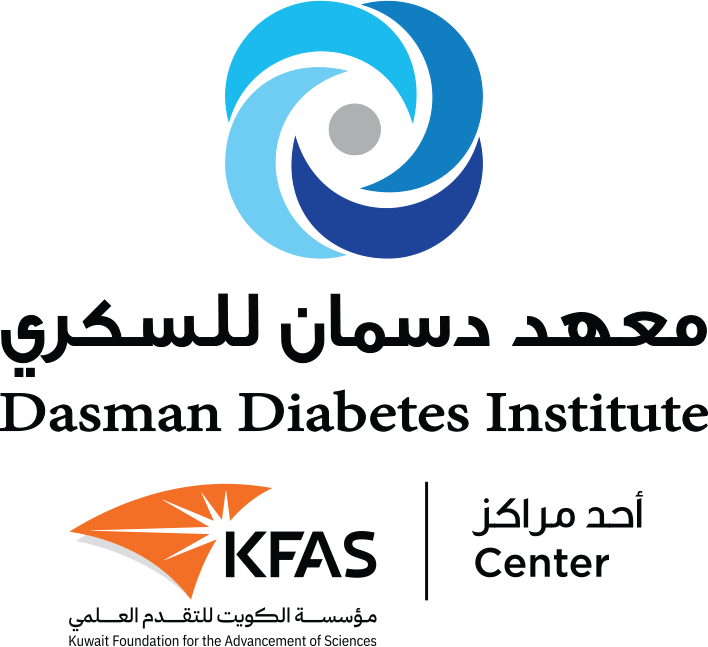
Elevated resting heart as a predictor of cardiovascular risk in Healthy Obese individuals
Published on 02/07/2021

The autonomic nervous system is a control system that governs body activities such as digestion, respiratory rate, pupillary response, and heart rate in a mostly unconscious manner. This system is the primary mechanism controlling the fight-or-flight response in the human body. During the onset of obesity, a combination of abnormalities in the autonomic nervous system can occur such as the elevation of resting heart rate (RHR). These abnormalities in the system are believed to be instigated by chronic metabolic inflammation which is a small rise in immune cells circulating in the blood or residing in tissues. The effect of this small misfiring of the immune system keeps the body in a constant, long-term state of high alert. The more persistent these metabolic inflammations are, the more likely it contributes to many inflammatory diseases, such as diabetes mellitus, cardiovascular disease, and some types of cancers.
Even though the effect of obesity on the autonomic nerve system is known, it is still unclear why some obese individuals develop inflammatory diseases while other remain healthy. In a study conducted in DDI and lead by Dr. Fatema Al-Rashed, the researchers followed a group of obese and healthy participants. They found that people with obesity had four-times higher levels of circulating immune cells compared to the non-obese individuals.
The team later investigated different parameters across the obese population alone, they found that higher resting heart rates correlated with higher numbers of circulating white blood cells in these obese individuals. What is more interesting, is that these circulating immune cells were found to express specific cytokines known to induce further damage to the heart muscle leading to cardiovascular diseases. Dr. Fatema Al-Rashed believes that: “Heart rate level can serve as a non-invasive clinical indicator to identify healthy obese individuals at risk for inflammatory diseases leading to cardiac damage”.



